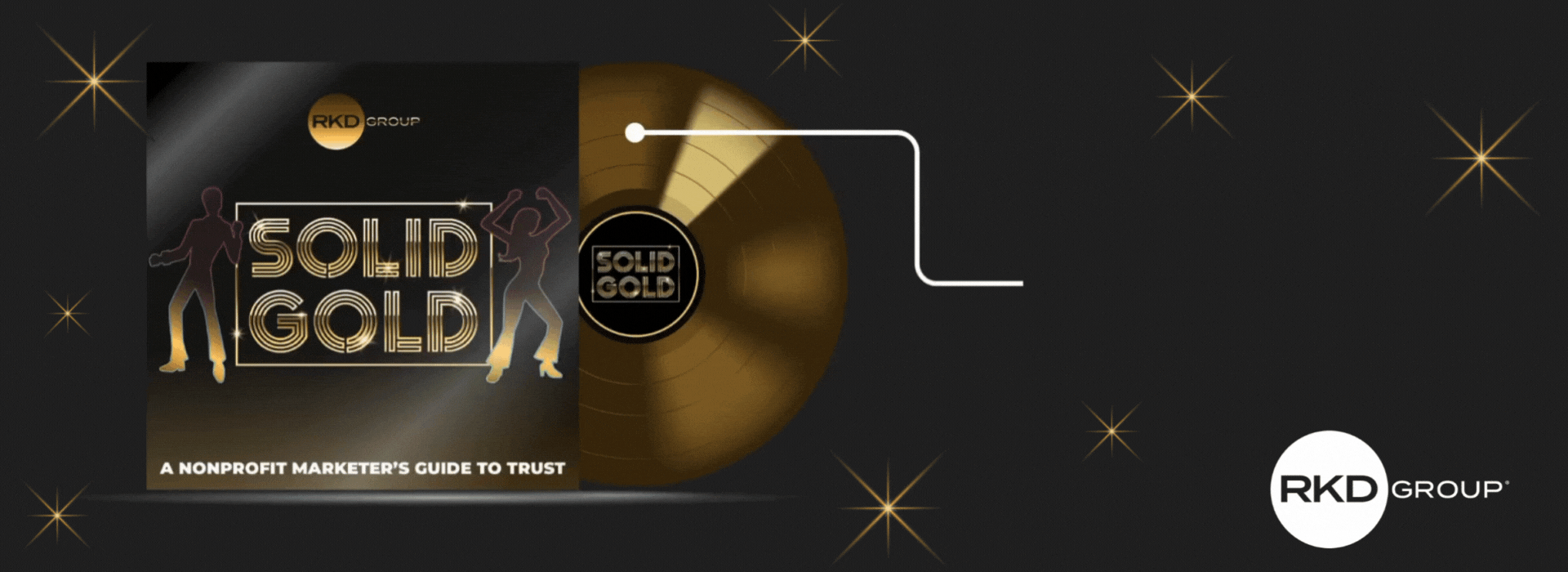Last month, our digital marketing roundup was so stuffed with updates to iOS 17, Gmail and Meta that even a clown car would have run out of room.
The tech world has since hit the snooze button, giving us all a breather to stretch our legs and our minds as we hit the home stretch of year-end fundraising. This month, we’ll examine some changes that are coming down the road and how they may impact your nonprofit organization in the future.
We’ll start, however, with a huge piece of news:
Microsoft launches AI-powered Office assistant
How big of a deal is this? Well, investment banker Piper Sandley is calling this move “Microsoft’s iPhone moment.”
The new Copilot feature will combine large language models (LLMs) with an organization’s internal data to streamline productivity within Office products. That translates into automation that can summarize Word docs, write email drafts, create PowerPoint presentations, etc.
For now, Copilot is only available to organizations with at least 300 users. But it’s only a matter of time before this gets rolled out to smaller companies as well.
Imagine the time this could save nonprofit employees, who routinely wear multiple hats. You’ll have an AI assistant who can grab a few of those hats off your head.
Meta, TikTok tinkering with ad-free options
We’ve seen European laws bring about changes in tech company products before (hello, GA4!), and it appears to be happening again.
New EU regulations unveiled this summer have Meta and TikTok considering the possibility of ad-free subscription models. The EU Digital Services Act (DSA) went into effect in August, and it allows users to opt out of algorithmic sorting.
Translation: Users can switch off Facebook’s ability to give you a curated feed from the pages that pay to reach you. You would receive the posts in chronological order instead.
In response, Meta and TikTok are tinkering with the idea of ad-free subscriptions. Meta is looking at a monthly charge of €10 (about $10.50), while TikTok is testing a $4.99 monthly rate.
Plenty remains to be seen here:
- Are enough users willing to pay for these services to make it viable?
- Will this change the way people operate on social media?
- Will this roll out in the U.S., where data regulations are lacking?
Definitely worth keeping an eye on for any nonprofit organization that invests in social media advertising.
Google moves to cloak IP addresses
Speaking of changes brought on by privacy concerns, Google is now taking a page out of Apple’s book when it comes to IP identification.
Google recently announced plans to test a new Chrome feature that hides users’ IP addresses. Apple implemented this feature in its Safari browser and Mail in 2021 to limit third-party tracking.
With Google already planning to phase out third-party cookies throughout 2024, this adds another layer of difficulty for marketers who rely on this type of tracking data. Many adtech companies had hoped IP addresses would offer an alternative to cookies, but this news is not promising.
We’ve said it before, and we’ll say it again: First-party data is the future in a cookie-less world.
Additional digital marketing news
A few more updates from the digital marketing space:






Leave a comment: